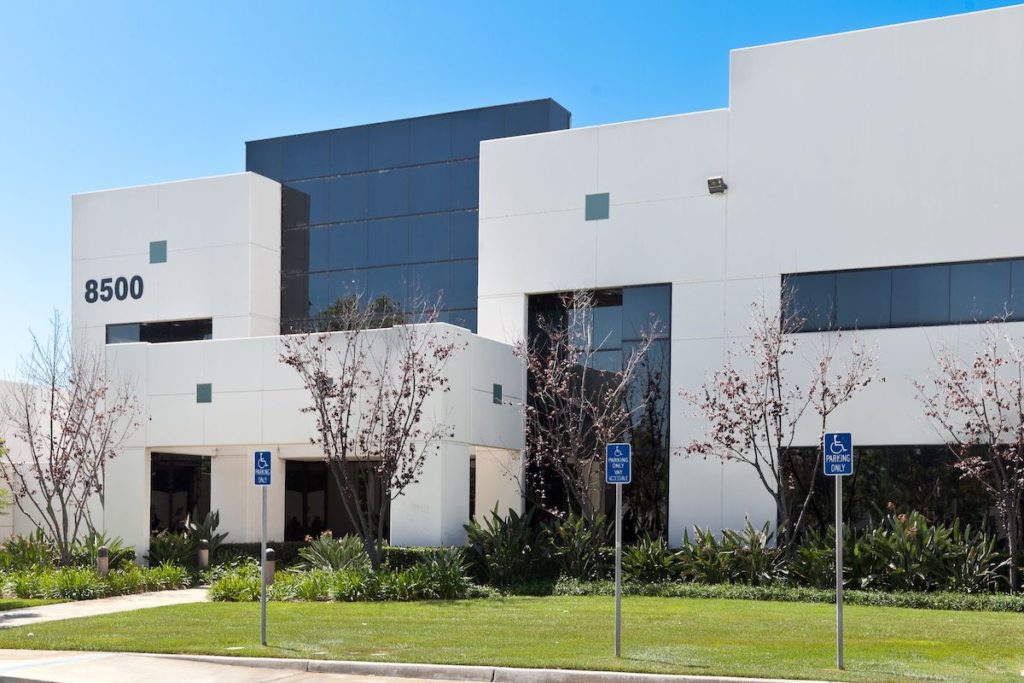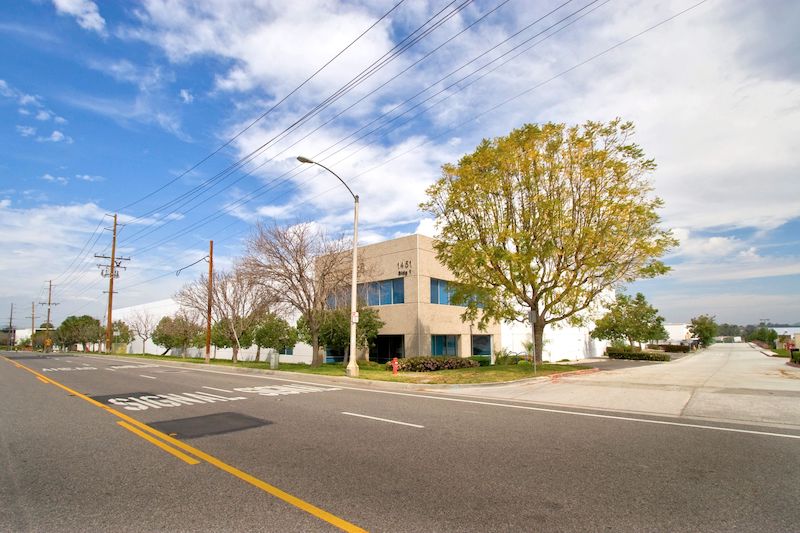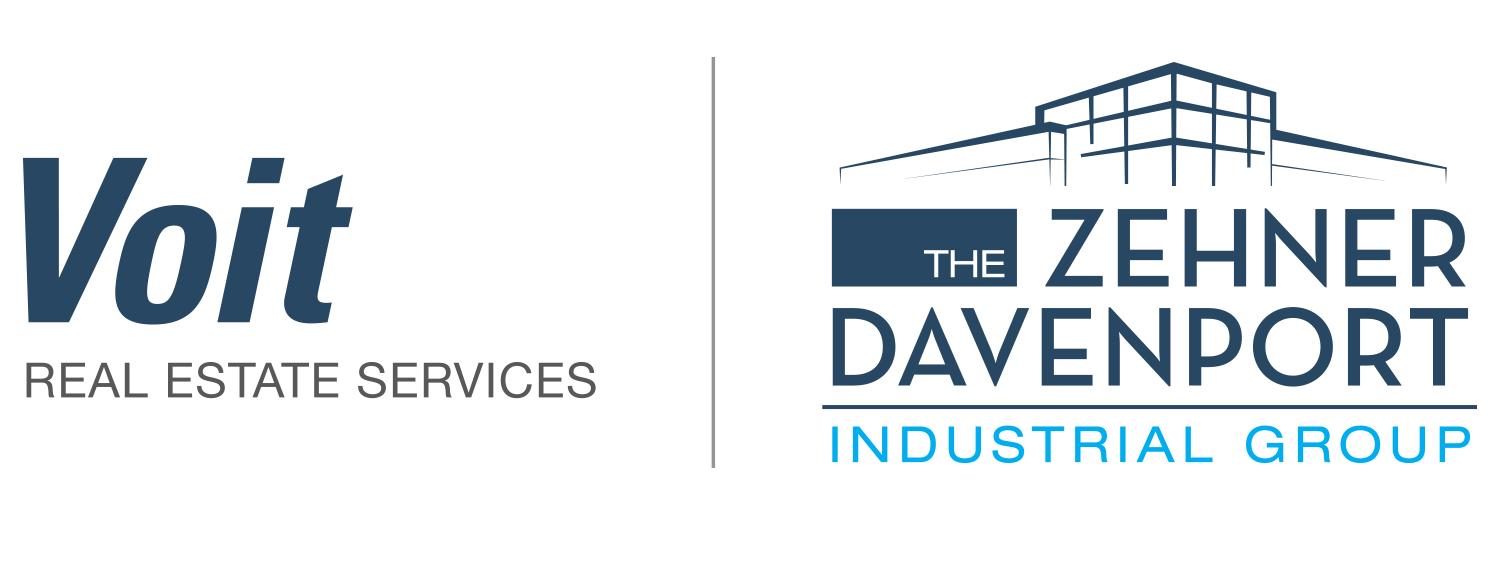As commercial property professionals, we are constantly working on the answer to this important question.
Truth be known, we are losing some sleep over it, as we feel it is our responsibility to gather and analyze market metrics to help you keep your real estate strategy on a solid footing. However, sifting through the pile of mixed messages coming from the overall economy is becoming more confusing and frustrating by the day. Just when we think we’ve got a grip on it, things change again and we start over. It’s like climbing the greased pole at the county fair.
What we do have in abundance, though, is the real time experience of connecting buyers and tenants with sellers and landlords. In that capacity, we get a lot of feedback on what the market participants are thinking and feeling and how that is translated into action. So, while our “data” is anecdotal for the most part, we believe it to be valuable in terms of helping our clients navigate what appears to be more turbulent waters ahead.
So, back to our headline: How Will a Significant Recession Impact the Industrial Property Market? Here are some preliminary thoughts for your consideration:

Sale transaction velocity would decrease. Cheap mortgage rates have been a primary driver in both owner/user and investor activity since the current upcycle began in earnest back in 2011. Prices have quadrupled since then, as well. Staggering, to say the least. The SBA 504 rate bottomed out at 2.26% not much more than a year ago. It now stands at 4.97% and is expected to move higher. That means it cost more than twice as much to service debt than it did last year, and the Fed has made clear its intent to stomp on inflation with further Fed Funds Rate increases, at least into next year. Owner/user buyer requirements have already slowed substantially, and more rate hikes will only exacerbate that trend. Buyers just don’t feel bold enough anymore to pay a record price and pay more than twice as much in interest for the privilege. Increasingly, we are seeing buyers take their wait-and-see mentality to the sidelines.
For investors using leverage, the same is true. They are loathe to borrow capital at a higher rate of interest than the going-in cap rate. Negative leverage is one of the basic no-no’s in real property investing. So, demand for investment real estate would likely decrease substantially, and the remaining cash buyers will take advantage of that balance shift and demand lower prices. The long-anticipated cap rate decompression could be substantial. We are already seeing a 50-to-70 basis point increase on deals we are working on now, and that’s before a recession has been called.

A Flight to Quality. Given the scarcity of supply over the past several years, property values for even the most functionally obsolete buildings have risen sharply in recent years. Buyers have been willing to accept lower quality product because the alternative has been no product at all. As the old saying goes; a rising tide lifts all boats, and that has certainly been the case here in Southern California. But, older less functional buildings will be the first to get hurt as demand sags and available inventory rises in the event a recession jolts the local economy. Obsolete buildings will be the first to see big price decreases as buyers would have more quality product to choose from. And, with more quality buildings coming to the market just as demand falls off, qualified buyers would naturally become more discerning after years of begging for anything with a roof on it. So, the best buildings will have more competition and the functionally obsolete buildings with languish on the market.
There are several other market trends that may emerge in a potential recession, too many to discuss in a single post. So stay tuned for Part 2 of the series in a few days.


Leave a Reply
You must be logged in to post a comment.